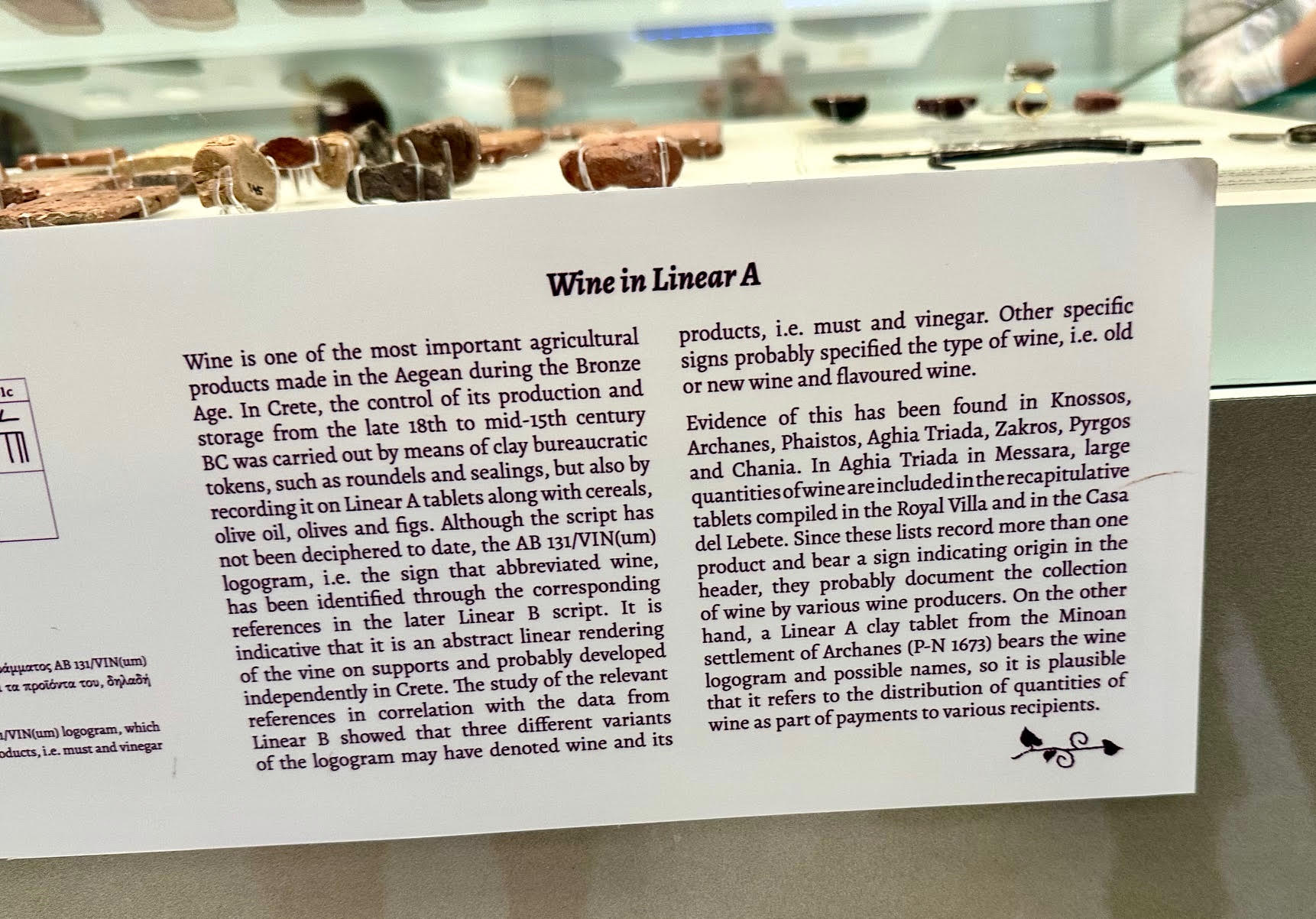These are two premodern words for Chinese watercraft that have worked their way into the English lexicon. Their etymology, however, is not as straightforward as it might seem.
"Language Matters | Where did English get the words ‘sampan’ and ‘junk’ from? Probably Cantonese and Javanese: Scholars are split on the roots of ‘sampan’ and ‘junk’, with some pointing to Chinese and others to Old Malay and Javanese respectively", by Lisa Lim, SCMP (9/30/24)
Sampans – typically small, light, wooden boats with a relatively flat bottom, propelled by a pole, oars, or a single long stern sculling oar – have a long history in East and Southeast Asian coastal and river waters.
Usually open, with a shelter aft, they were – and still are – used as a means of transporting passengers and goods over short distances; fishing; or to get to larger vessels out at sea. They also constituted homes for sea-dwelling communities, including the Tanka or Séuiseuhngyàn “people born on or of the water”, of coastal southern China and Hong Kong and Macau.
Read the rest of this entry »





